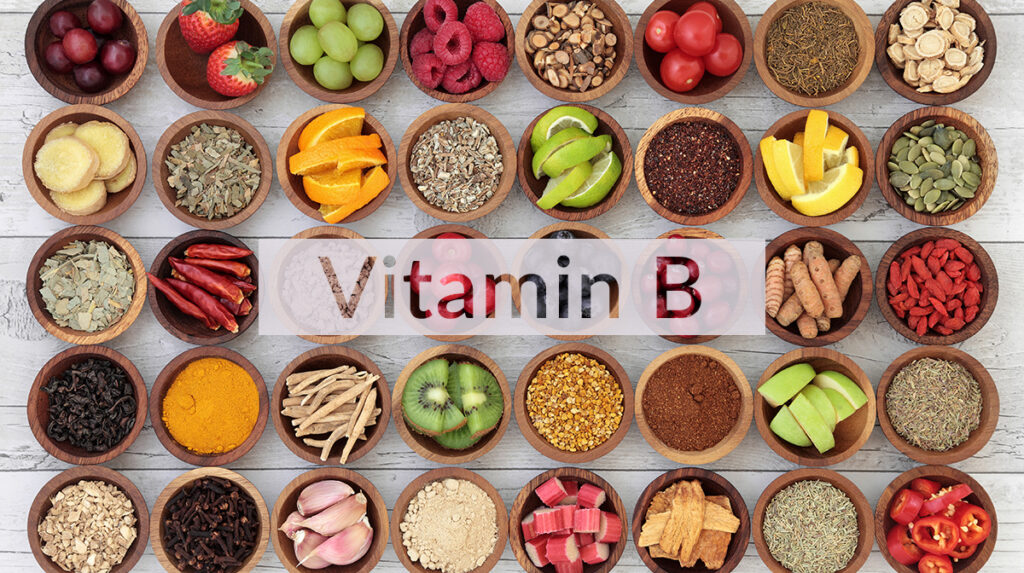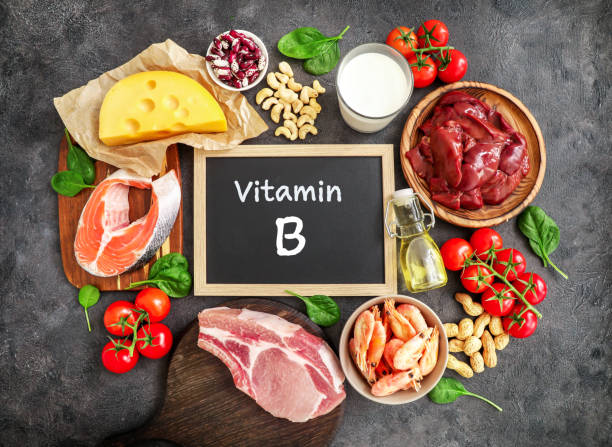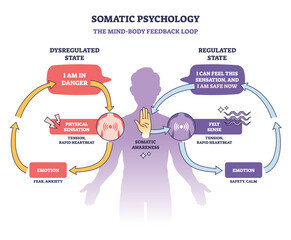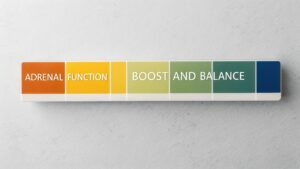
One of the most significant health benefits of B-vitamins is keeping your nerves healthy.
Research has shown that B-Vitamins are essential to a healthy nervous system, including emotional and physical health, as they have a direct impact on your heart mood, performance, weight and even digestion. B vitamins and the essential nutrient choline are critical for mental health through a process called methylation. Think of methylation as the driver of turn-on processes in the body.
While there are many B vitamins that we need to get in daily, it’s the group of them that, together with choline, helps make our bodies run better. What’s the group?
Vitamin B1 (Thiamine), Vitamin B2 (Riboflavin), Vitamin B6 (Pyridoxine), Vitamin B9 (Folate), Vitamin B12 (Cobalamin), and Choline (an essential nutrient and technically not a vitamin or mineral).
Vitamin B1 (Thiamine) benefits your central nervous system by aiding in the creation of acetylcholine. Acetylcholine relays messages from your brain to your muscles, influencing your movement and behavior. It also helps in cognition and memory, and even plays a role in regulating hormones and sleep cycles. So, if you have a thiamine deficiency you can experience fatigue faster, confusion and poor short-term memory.
Vitamin B2 (Riboflavin) ensures proper growth and development of the nervous and immune system. It also works to reduce oxidative stress and inflammation of nerves, which are contributors to migraine headaches. It plays a significant role in the production of energy as it helps in the conversion of carbohydrates to sugar, which fuels many functions in the body.
Vitamin B6 (Pyridoxine) creates and metabolizes serotonin and norepinephrine neurotransmitters; our mood and stress regulators. When you have deficiencies in this vitamin you can feel tired, nervous, irritable, and depressed.
Folate (B9) and B12 are the B vitamins most widely recognized. The body best uses its active forms (like methylfolate and methylcobalamin) which are directly available for use instead of needing a conversion step to then become active. When the body gets overloaded with synthetic counterparts, like folic acid, it can burden the methylation process because folic acid requires a conversion step. Synthetic folic acid is found in supplements and fortified foods. All wheat products in the US are fortified with folic acid.
Vitamin B9 (Folate) reduces the risk of heart disease and prevents depression by stimulating neurotransmitters in the brain.
Vitamin B12 helps maintain and protect your myelin, the insulation around your nerves. This vitamin plays a vital role in synthesizing and metabolizing serotonin, the chemical responsible for regulating mood. Deficiencies with this vitamin have also been associated with memory loss.
If you want to improve your levels of B-Vitamins to protect your nervous system, what can you do? Give yourself a pantry audit to look at labels and see how many foods contain added folic acid. Choose foods like these that are naturally high in B vitamins:
- Whole grains (brown rice, barley, millet)
- Meat (red meat, poultry, fish)
- Eggs and dairy products (milk, cheese)
- Legumes (beans, lentils)
- Seeds and nuts (sunflower seeds, almonds)
- Dark, leafy vegetables (broccoli, spinach)
- Fruits (citrus fruits, avocados, bananas)
Aside from getting B-vitamins in your diet you should also consider supplementation to make sure you’re never lacking in this essential vitamin. A methylated B vitamin complex would be your better bet to keep this tightly knit posse of B-complex vitamins together.
In health,
Alisa
—
Alisa Bloom, MPH, RDN, LDN, CHWC, DipACLM




